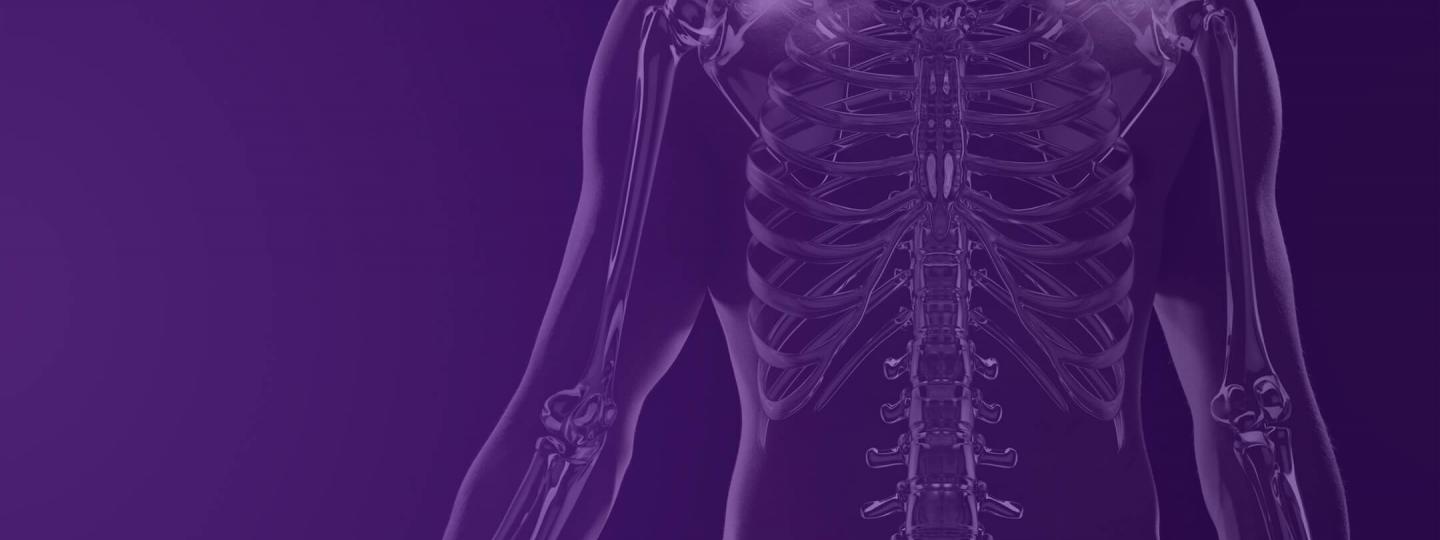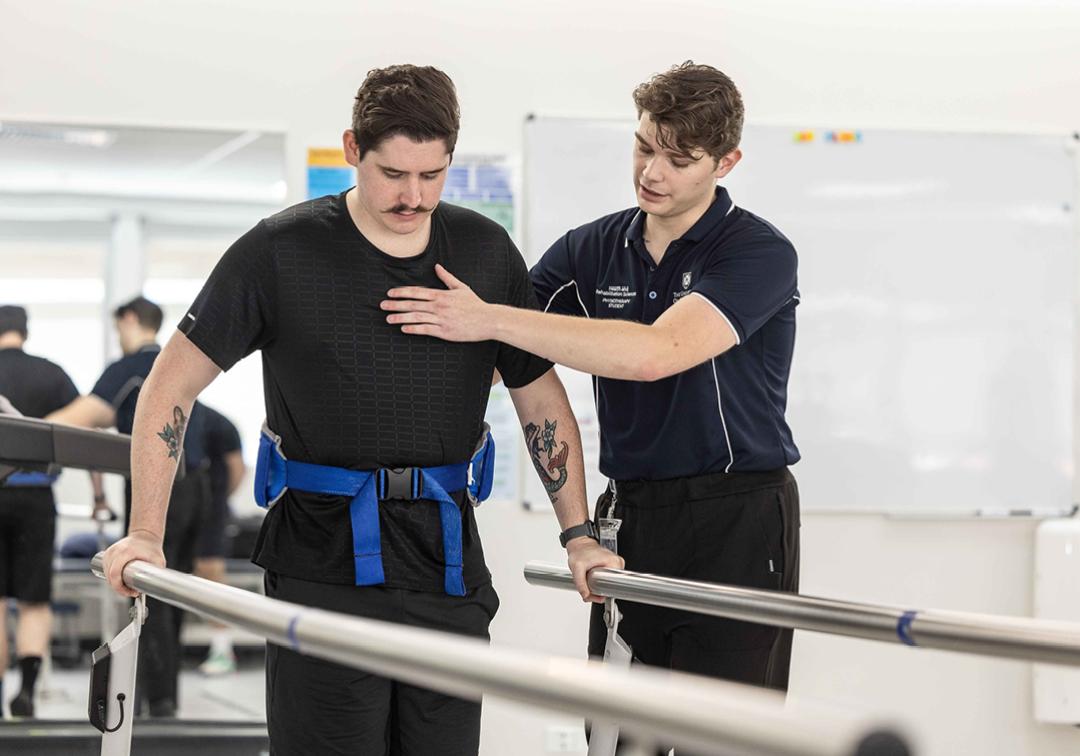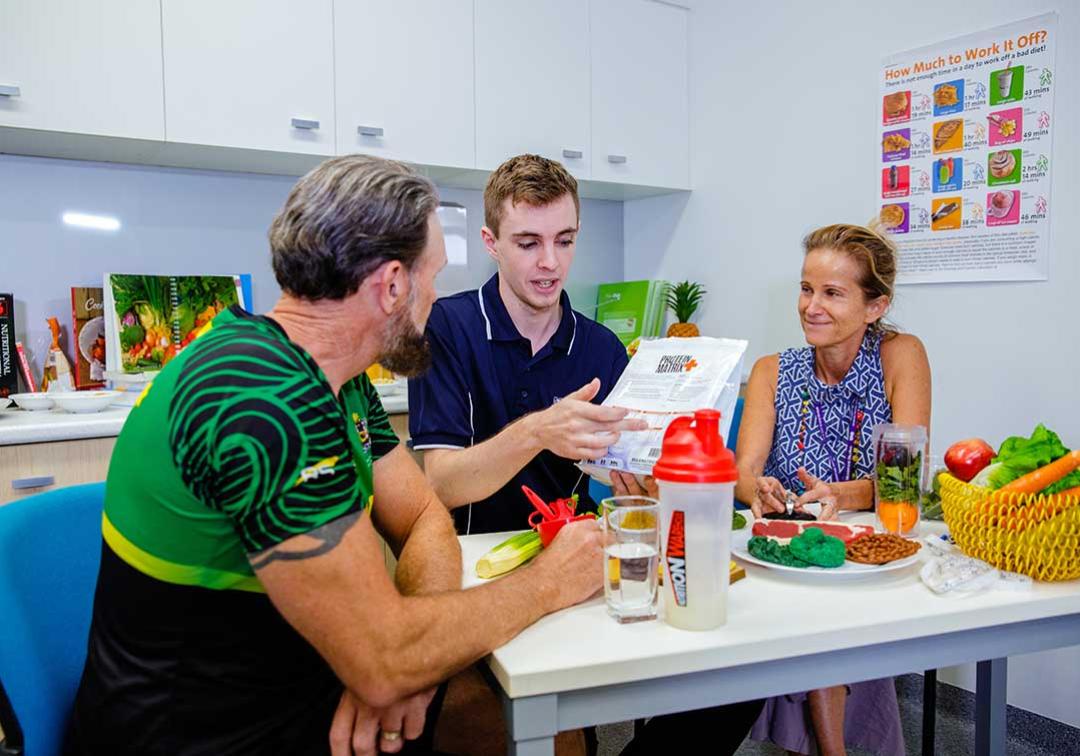
Bachelors of Human Movement and Nutrition Sciences / Journalism
Overview
Combine your passion for health and journalism, and help shape the conversation on wellbeing, sport and nutrition.
In your Human Movement and Nutrition Sciences program, you’ll explore human movement and nutrition across the lifespan. You'll discover the roles that food, physical activity, exercise and sleep play in our health, the prevention of chronic disease and sporting performance.
You’ll develop the knowledge and skills to address 2 of the most important modifiable risk factors for chronic disease – physical activity and nutrition.
With the Bachelor of Journalism alongside, you’ll be ready to shape the global health conversation and make a real impact on the health of communities.
Armed with an in-depth understanding of the social, behavioural and biological sciences influencing health outcomes, graduates will gain an edge in the competitive journalism industry.
Combining health and journalism expertise will prepare you for a career in health journalism, sports journalism, communications, public relations and more.
Program highlights
- Combine health expertise with reporting skills, including online, broadcast, print and social media reporting.
- Learn alongside a cohort of like-minded future health professionals at a world-leading university for sports-related subjects.
- Learn production and editing using state-of-the-art facilities, combining creative storytelling with technical skills.
- Undertake 50 hours of placement, giving you hands-on experience in a related work environment.
How you'll learn
Your learning experiences are designed to best suit the learning outcomes of the courses you choose.
- Lectures
- Tutorials
- Work placements
- Online study
- Research experience
- Studios
- Workshops
Placements and work experience
What you'll study
At UQ, degrees are called 'programs' and subjects are called 'courses'.
Career possibilities
Our programs prepare you for your first job and beyond. Here are some of the careers you could be on your way to:
- Sports journalist
- Journalist
- Public relations officer
- Communications officer
Events
See all events
9 June
Master of Physiotherapy information webinar
Stories
See all stories
UQ people
Meet the expert: exploring sports nutrition with Dr Brooke Devlin
4-minute read

Careers
What can you do with a Bachelor of Human Movement and Nutrition Sciences?
7-minute read
Stories
See all stories
UQ people
Meet the expert: exploring sports nutrition with Dr Brooke Devlin
4-minute read

Careers
What can you do with a Bachelor of Human Movement and Nutrition Sciences?
7-minute read
Entry requirements
Prerequisites
- General English subject (Units 3 & 4, C).
It is strongly recommended that students undertake:
- One of Queensland Year 12 (or equivalent) General Mathematics, Mathematical Methods or Specialist Mathematics, and
- One of Queensland Year 12 (or equivalent) Biology, Chemistry or Physics.
Prerequisites
- General English subject (Units 3 & 4, C).
It is strongly recommended that students undertake:
- One of Queensland Year 12 (or equivalent) General Mathematics, Mathematical Methods or Specialist Mathematics, and
- One of Queensland Year 12 (or equivalent) Biology, Chemistry or Physics.
Entry score threshold
| ATAR / Rank | IB |
|---|---|
| 78 | 29.5 |
These are the lowest adjusted scores we made an offer to in Semester 1, 2025. Entry scores are based on the most recent Semester 1 intake and are updated in April each year. Meeting the entry score threshold doesn't guarantee admission.
Guarantee your place at UQ: If you meet our guaranteed minimum ATAR you could secure an offer for your preferred program.
English language requirements
IELTS overall 6.5; reading 6; writing 6; speaking 6; listening 6. For other English Language Proficiency Tests and Scores approved for UQ
TOEFL iBT (including Paper Edition) - Overall 87, listening 19, reading 19, writing 21 and speaking 19.
PTE Academic - Overall Score of 64 and 60 in all sub bands.
BE - A minimum overall grade of 4 plus a minimum grade of C in all macro skills.
CES - Overall 176 and 169 in all sub bands.
OET is not accepted.
There are other ways to meet the English language requirements. For some programs, additional conditions apply.
Inherent requirements
To complete this degree, you have to meet its inherent requirements by demonstrating essential skills and attributes. Read the inherent requirements before you apply.
Student visas
International students who are accepted into full-time study in the Bachelors of Human Movement and Nutrition Sciences / Journalism are eligible to apply for an Australian student visa (subclass 500).
There are a number of requirements you must satisfy before a visa is granted, including the Genuine Student (GS) requirement.
Entry score range
This table shows the range of entry scores for recent secondary students offered a place in the B Humn Mvmnt & Nutr Sci/B Jour for Semester 1, 2025
| Without adjustments | With adjustments | |
|---|---|---|
| Highest | 93.4 | 93.4 |
| Median | 89.85 | 91 |
| Lowest | 80.5 | 80.95 |
Who you'll study with
Here's a snapshot of our student intake for this program in Semester 1, 2025:
| Applicant background | Number of students | Percentage of all students |
|---|---|---|
(A) Higher education study | 0 | 0% |
(B) Vocational Education and Training (VET) study | 0 | 0% |
(C) Work and life experience | 0 | 0% |
| (D) Recent secondary education | ||
| 5 | 100% |
| 0 | 0% |
| 0 | 0% |
International students | 0 | 0% |
Total | 5 | 100% |
"<5" — The number of students is less than 5.
N/A — Students not accepted in this category.
N/P — Not published. The number is hidden to protect the privacy of students in other cells.
Need help meeting the entry requirements?
Additional application information
Additional application information
Fees and Scholarships
Indicative annual fee
Approximate yearly cost of tuition (16 units). Your fees will vary according to your selected courses and study load. Fees are reviewed each year and may increase.
$13,470
2026
Approximate yearly cost of tuition (16 units). Your fees will vary according to your study load. Fees are reviewed each year and may increase.
AUD $50,032
2026
Government assistance
Financial aid
As an international student, you might be eligible for financial aid – either from your home country, or from the Australian Government.
HECS-HELP
Domestic places in the Bachelors of Human Movement and Nutrition Sciences / Journalism are Commonwealth supported, as long as you meet all Commonwealth supported place eligibility requirements.
This means the cost of your education is shared between you and the Australian Government. Instead of tuition fees, Commonwealth supported students pay what are called student contribution amounts.
If you have a Commonwealth supported place, you may also be eligible for HECS-HELP. This is an Australian Government loan scheme to assist eligible students with the cost of their student contribution amounts.
Centrelink support
The Australian Government offers a number of income-support payments to eligible Australian university students.
Scholarships
You may be eligible for more than 100 scholarships, including:
How to apply
Applying online
If your senior schooling is from outside Australia, you can submit your application to UQ. Or, if you prefer, you can use an approved UQ agent near you.
The program code for the Bachelors of Human Movement and Nutrition Sciences / Journalism is 2529.
How to apply for undergraduate study
If your senior schooling is from Australia
Submit your application to the Queensland Tertiary Admissions Centre if you're an international student who is currently studying:
- Australian Year 12 (in Australia or another country), or
- the International Baccalaureate in Australia.
The QTAC code for the Bachelors of Human Movement and Nutrition Sciences / Journalism is 720602.
Applying through QTAC
All domestic applications should be submitted to the Queensland Tertiary Admissions Centre (QTAC).
The QTAC code for the Bachelors of Human Movement and Nutrition Sciences / Journalism is 720602.
Important dates
If you’re studying Year 12 in Australia, go to the QTAC website to check the closing date for this program.
If you’re applying to UQ, the closing date for this program is:
- To commence study in semester 2 - May 31 of the year of commencement.
- To commence study in semester 1 - November 30 of the previous year.
Visa processing times vary. Apply and accept your offer as early as you can.
To learn more about UQ dates, including semester start dates, view the Academic Calendar.
Important dates
To check the closing date for this program, go to the QTAC website.
To learn more about UQ dates, including semester start dates, view the Academic Calendar.
Admissions schemes
Applying to university can be both exciting and daunting, which is why we’ve tried to make the process as simple as we can.
We have several schemes in place to improve your chances of getting a place at UQ.
Pathway options
A rank or score doesn’t determine your potential.
If you're not offered a place in your first-choice program – or if you don't meet the entry requirements – you still have a number of options.
Aboriginal and Torres Strait Islander applicants
For support with applying – or if you have any questions about university life – get in touch with our Aboriginal and Torres Strait Islander Studies (ATSIS) Unit.
Explore other programs
Express yourself. And your interest.
They say choosing a degree is hard, which is why we've made it easy. Register your interest and we'll send you everything you need to know about applying to UQ.



